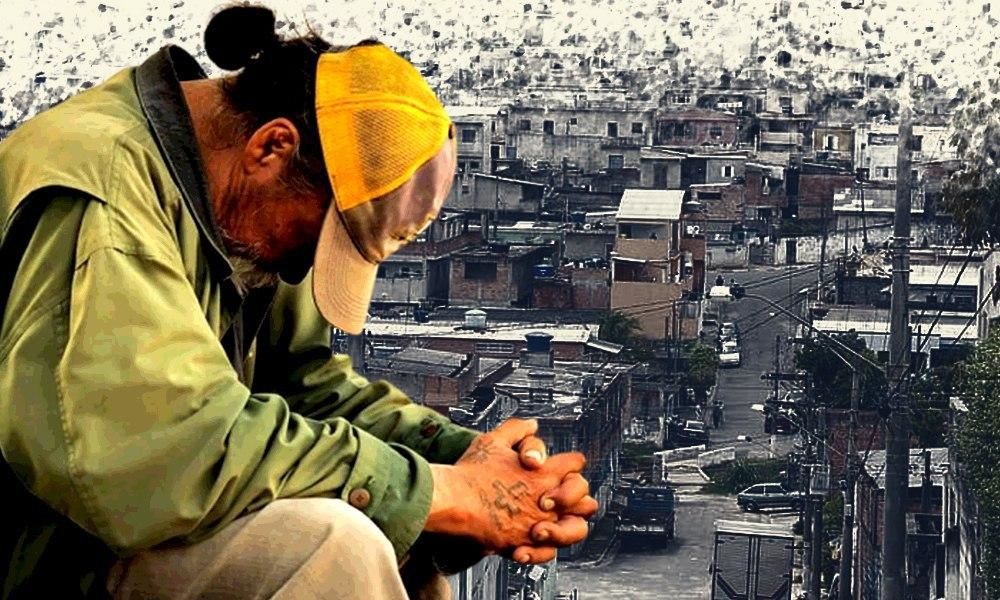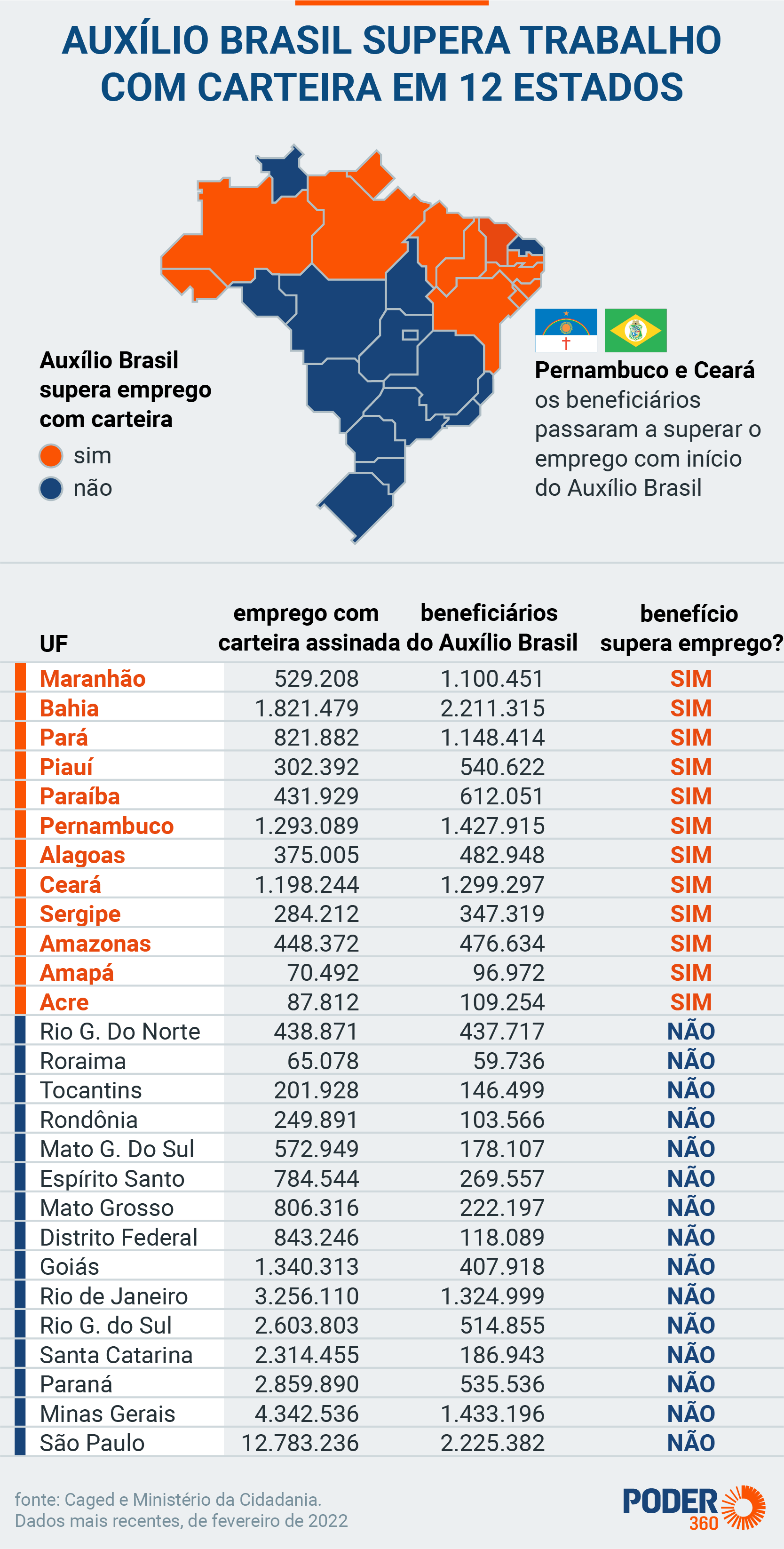RIO DE JANEIRO, BRAZIL – (Opinion) The number of Brazilian families in extreme poverty registered in the country’s CadÚnico (Unified Registry) will increase by 11.8% by 2022.
The federal government created the Unified Registry in collaboration with municipalities. The data shows who the low-income families in Brazil are and how they live. Citizens who register on the platform and keep their data up to date are eligible for social programs such as ‘Auxílio Brasil’ (government survival assistance).
With over 211 million people, Brazil is the world’s fifth-largest country by area and the sixth-most populous.
As of February of this year (the last update of data on the Ministry’s website), 17.5 million Brazilian families lived on a monthly per capita income of up to R$105 (US$21).
In comparison: Brazil’s Purchase Power Index is about one-third that of the United States. These 17.5 million impoverished Brazilians live on a monthly budget similar to an American living on US$63.
It is too much to die and too little to live.

But not only the extremely poor population has increased in Brazil. Just a few days ago, it was announced that more than 50% of all households in the country must now be considered poor.
In view of the worsening situation, which threatens the very existence of an ever-larger part of Brazilian society, it can be assumed that the presidential candidate elected at the end of the year will be the one who can most convincingly convey to the people that he can and will save them from economic annihilation.
Other political arguments are likely to recede into the background.
When the Covid-19 pandemic hit Brazil in March 2020, 13.5 million families were registered in the survival assistance program. From then to now, the increase was 22.8% The year 2021 ended with 15.7 million families registered.
SURVIVAL ASSISTANCE
In October 2021, the number of families in extreme poverty jumped with the cut in survival assistance. The increase amounted to 14.1%. In five months, 2.5 million families in this income group enrolled in the system.
At the same time, the number of recipients of survival assistance also increased. On April, 18 million benefits were paid out. The average was R$409.82 per family.
According to the newspaper Poder360, the number of recipients of the monthly government survival program “Auxilio Brasil” is higher than the number of formal jobs in 12 of Brazil’s 27 states.
(In the orange states, the number of recipients of government survival assistance is already higher than the number of official jobs. Photo Poder360)

FUEL PRICES AN COST FOR BASIC FOOD ITEMS IN FOCUS
Two of the likely biggest battlegrounds in the presidential election in early October are therefore expected to focus increasingly on the strongly overpriced price of fuel and the cost of basic foodstuffs.
At the center of both issues is the state-owned company Petrobras, one of the largest oil companies in Latin America. In just a few months, the conservative presidential candidate Jair Bolsonaro has already replaced the management of this company twice because, despite sharply increasing poverty, it has unflinchingly and cold-heartedly continued to turn the price wheel without batting an eye.
In vast Brazil, where there is no public transport to speak of, most people are dependent on driving. Therefore, the level of gasoline and diesel prices has a decisive impact on the family budget.
In addition, more than 90% of food distribution is done by truck. The exorbitant diesel prices are charged separately by the transport companies to the supermarkets and then passed on to the end consumer in further price increases.
In this sense, the pricing policy of Petrobras is, to a significant extent, complicit in the massively increasing price of basic foodstuffs in Brazil.
While the whole world is upside down, with the real possibility of a new world war, the Rio-based state company pretends that it is business as usual for them.
Therefore, it is not surprising that 68% of Brazilians support intervention at state-owned company Petrobras to lower gasoline prices.
It should be interesting to see if and how Bolsonaro will respond and call off the dogs at Petrobras.
Only two days ago, he commented on Petrobras’ exorbitant quarterly profits with the words: “Petrobras, we are at war! Don’t raise fuel prices any further! Your profit is like rape; it’s absurd!”

